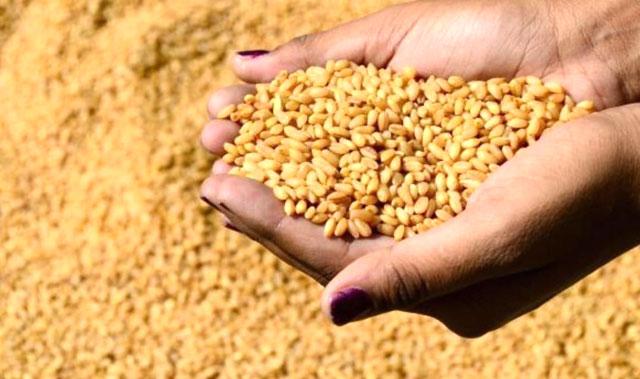- Local News
- Sun-2020-06-07 | 03:01 pm

"The file of the foreign agricultural labourers needs to be jointly reviewed by the Ministry of Labour and agricultural sector representatives, with the aim of promoting the sector and fostering its productivity,” Adnan Khadam, head of the Jordan Valley Farmers Union, told the Jordan Times on Saturday.
Prior to the COVID-19 pandemic, Jordan’s agricultural sector suffered from successive setbacks, challenges and disruptions after a rise in workers’ wages, the halting of recruitment of non-Jordanians and the decreasing numbers of foreign agricultural workers in Jordan, Khadam said.
"Who will bear the burden of the next agricultural season and how will we make it through in another uncertain year?” Khadam asked, noting that the Labour Ministry’s decisions regarding the sending of foreign workers to their countries "would only serve to worsen the sector’s status and compound its challenges”.
When the Labour Ministry announced its programme, over 12,000 foreign workers applied to return home, he said.
"The biggest problem is that Jordan’s agricultural sector cannot continue without foreign workers,” he said, noting: "We are trying to adjust to post-corona conditions.”
The government, he noted, should focus more on the agricultural sector in order to help local farmers to safely overcome the tensions and challenges they are facing.
Meanwhile, Deputy President of the Agricultural Engineers Association Nuhad Olaimi told The Jordan Times on Saturday that the Labour Ministry’s decisions "would negatively affect the sector”.
Facilitating the return of expatriate labourers to their countries will create "a huge void” and will cause a shock in the sector given "the severe shortage” of workers, he said, noting that this shortage "will eventually reflect negatively on productivity in agricultural enterprises”.
The plan to replace foreign labourers with Jordanian workers is "an appreciated national approach without any doubt”, but it needs to be gradually implemented in order to ensure the sustainability of production and to allow time to train local workers.
Olaimi also highlighted other challenges that
Jordan’s agricultural sector faces, including the legislative
environment and "the multitude of regulators, employment difficulties",
the rising cost of water and marketing and logistical challenges.









